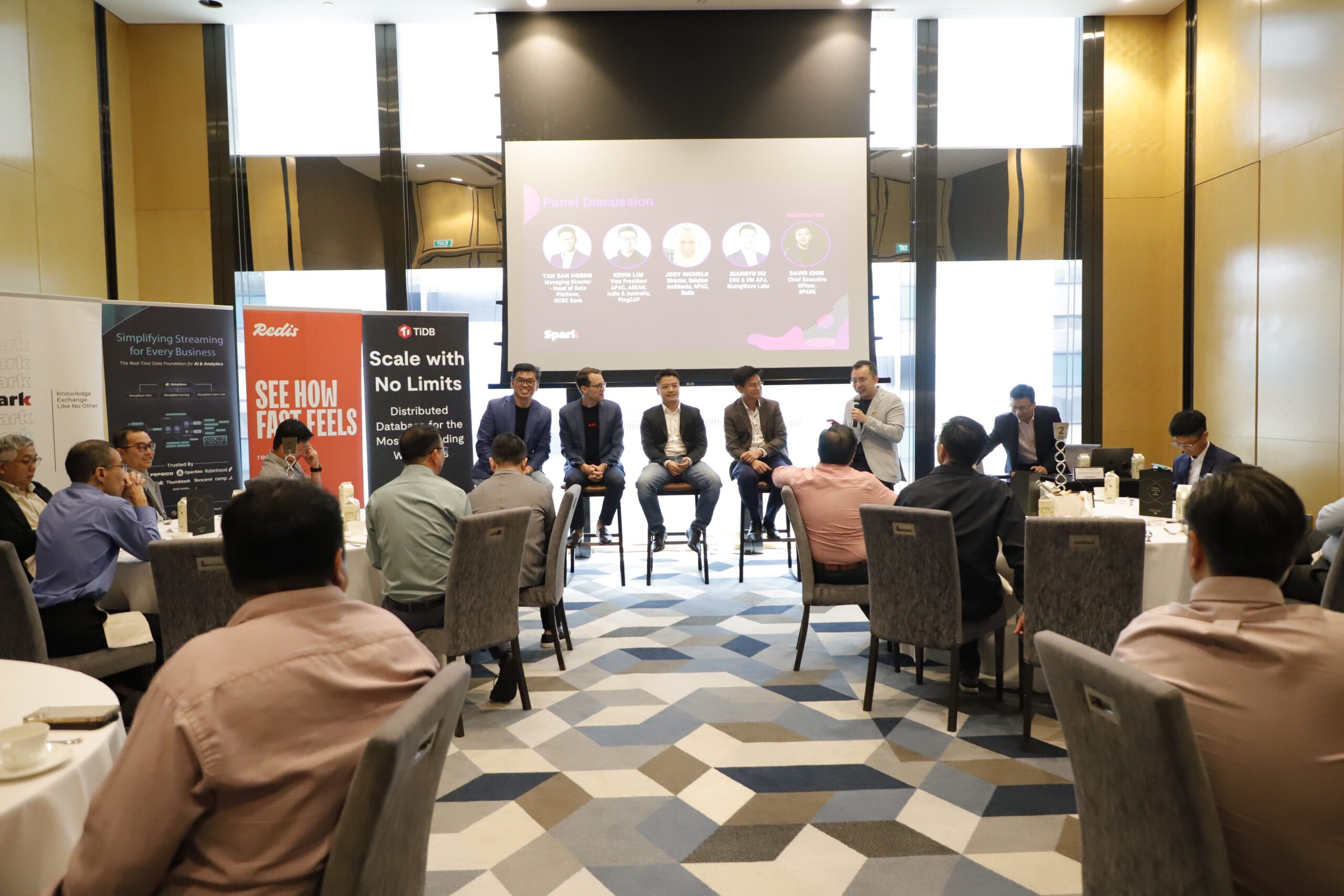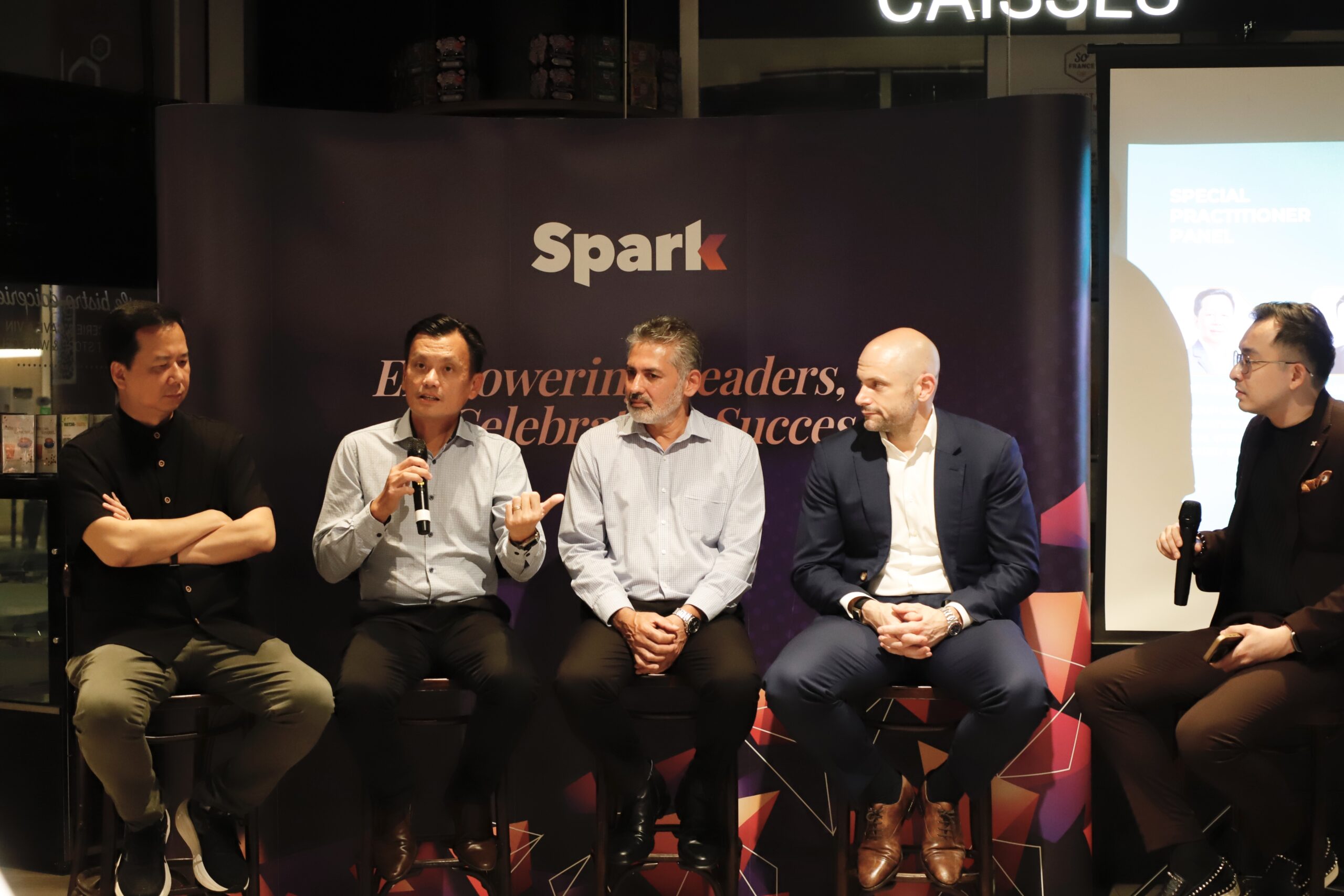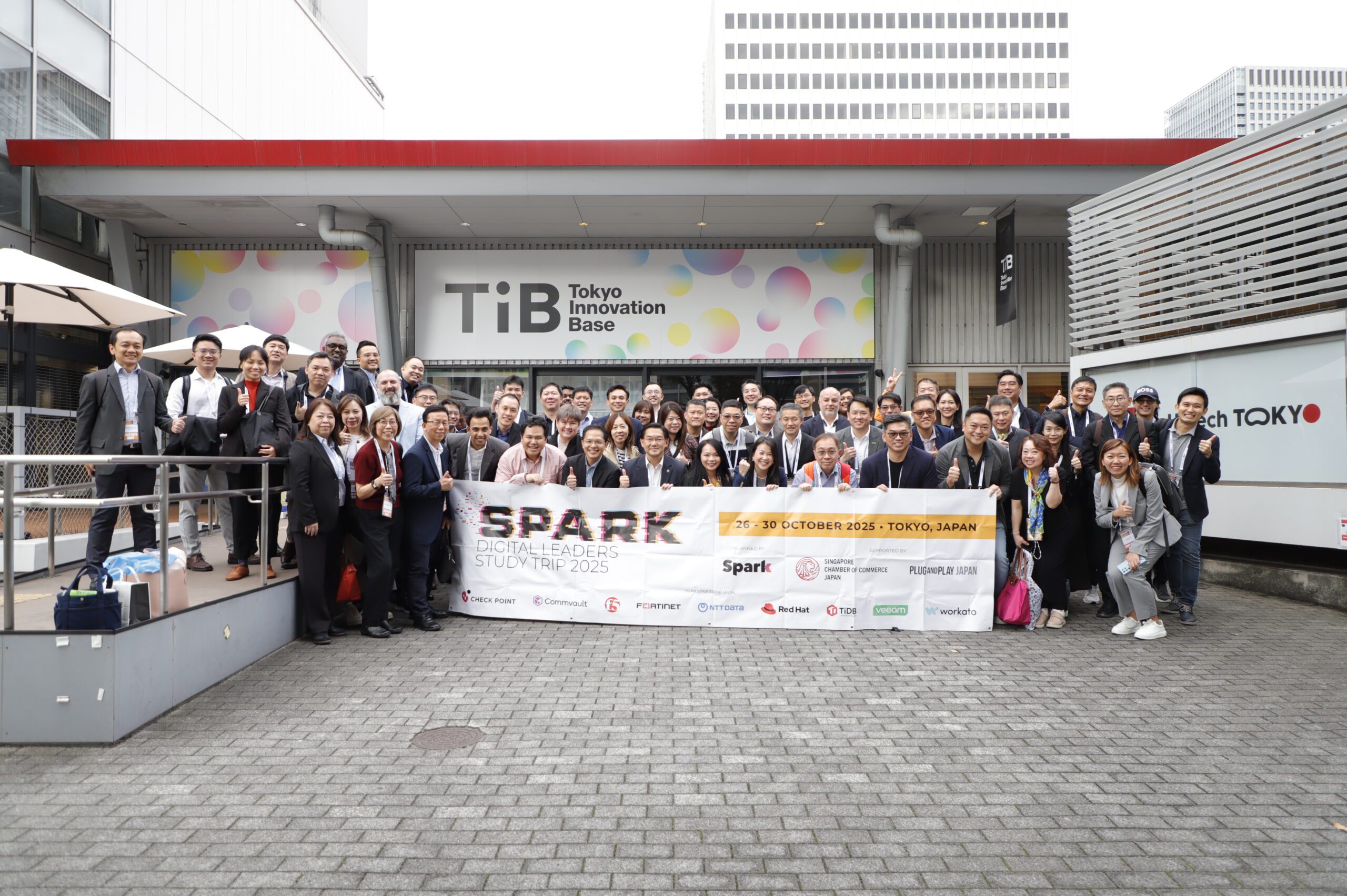[vc_row][vc_column][vc_column_text]CIO Academy Asia recently hosted Mr Angel Viña, CEO and founder of Denodo Technologies, for a roundtable discussion with senior technology leaders in Singapore. Denodo Technologies provides companies with data virtualisation solutions to enhance agility in data management processes at the enterprise level. As a rapidly expanding company based out of Silicon Valley, Denodo Technologies had established their APAC presence a year ago and are now growing their region with offices in India, Australia and Japan.
Angel was joined by Chief Information Officers (CIOs) and IT leaders from the education, publishing, insurance, real-estate and financial service sector, with Mr. Radhey Shyam, Head of Technology Transformation & Strategy at AIG APAC, sharing his perspectives as an industry practitioner. Organisations face constant challenges in managing voluminous data, and more so today as data-driven digital initiatives grow in complexity.
Evolving data management challenges across industries
As organisations expand their operations not only through Mergers & Acquisitions (M&A) but through industry partnerships, the data management problem continues to get more convoluted and challenging. CIOs present during the session highlighted that every M&A activity raises challenges on how they can integrate legacy systems with their existing digital platforms, especially in industries with large traditional data silos. These challenges are further exacerbated with organisations moving to the cloud and managing data in a multi-cloud, hybrid IT environment.
A CIO from the publishing industry stated that while in the midst of shutting down his organisation’s remaining mainframes, their biggest barriers to fully embrace the Cloud are data migration and data security. Often times, organisations end up creating several dependencies between these different legacy systems, something that both Angel and Radhey have seen throughout their careers. With most large organisations running 500 or more different business applications, it is common for there to be a dependence on legacy systems and mainframes which makes authentic data migration almost impossible for organisations. Despite significant investments in technologies such as cloud and analytics solutions, returns are often hit with a glass ceiling as legacy systems and conventional data centralisation approaches becomes a bottleneck in transforming data-dependent work processes.
Beyond modernising legacy challenges and complex data structures, businesses are increasingly required to be agile and digital, leveraging data to drive insights and accelerate business transformation. Traditional extraction, transformation and loading (ETL) processes have a tangible influence on the speed of all business functions and organisational agility. Activities such as the implementation of new enterprise apps or the adoption of cloud-native productivity tools take up to a year to complete, as mission critical elements of back-end systems and physical data assets need to be updated to meet the new requirements.
The role of data virtualisation in modernising data management processes
The discussion clearly evidenced that data no longer just presents a physical problem of how and where organisations should store their data. The emphasis has shifted to optimise the way that data is managed and to drive value from data insights. Data virtualisation providers like Denodo have proven through a diversity of use cases, that they could address process inefficiencies in traditional data integration processes by circumventing the need to move and duplicate physical data assets, thereby significantly simplifying ETL processes, reducing costs and accelerating business outcomes from data projects.
The core concept involves connecting physical or cloud data storage assets to the consumers such as the business users, data scientists and various application users through the creation of a virtualisation layer that serves as a unified access point to all available data. This allows the creation and management of business data entities such as metadata and governance processes to be easily managed without the need for end users to fumble with complex ETL workflows. Furthermore, organisation can now house and easily manage metadata on one or multiple cloud providers and physical data centres simultaneously.
Through data virtualisation, organisation systems can be updated and transformed without affecting data access for business applications, making it easy for organisations to do away with risky manipulations to existing data pipes. Ancillary support technologies such as logical data warehouses, metadata management tools and data catalogues have found their way into the modern data management stack on top of Denodo’s capabilities as well.
Concluding thoughts
While data virtualisation has proven to improve efficiencies in data management to further drive digital innovation, enhance business agility and generate business insights, Angel also emphasised that it is essential to build up the necessary skillsets and knowledge within the organisation to drive this data change, guided by sound data governance practices. Only then will data virtualisation be an effective tool to help organisations realise business outcomes.[/vc_column_text][/vc_column][/vc_row]







